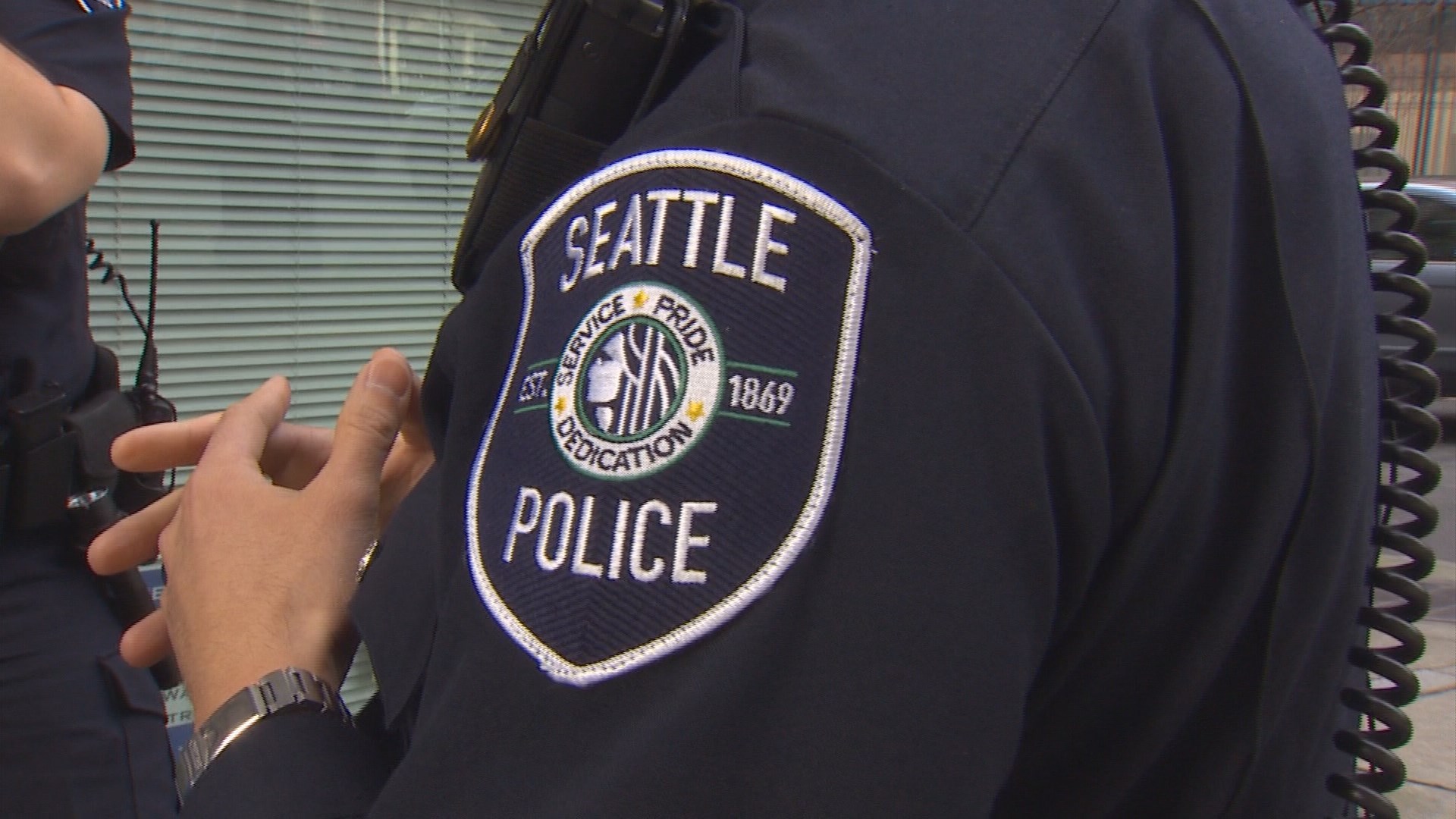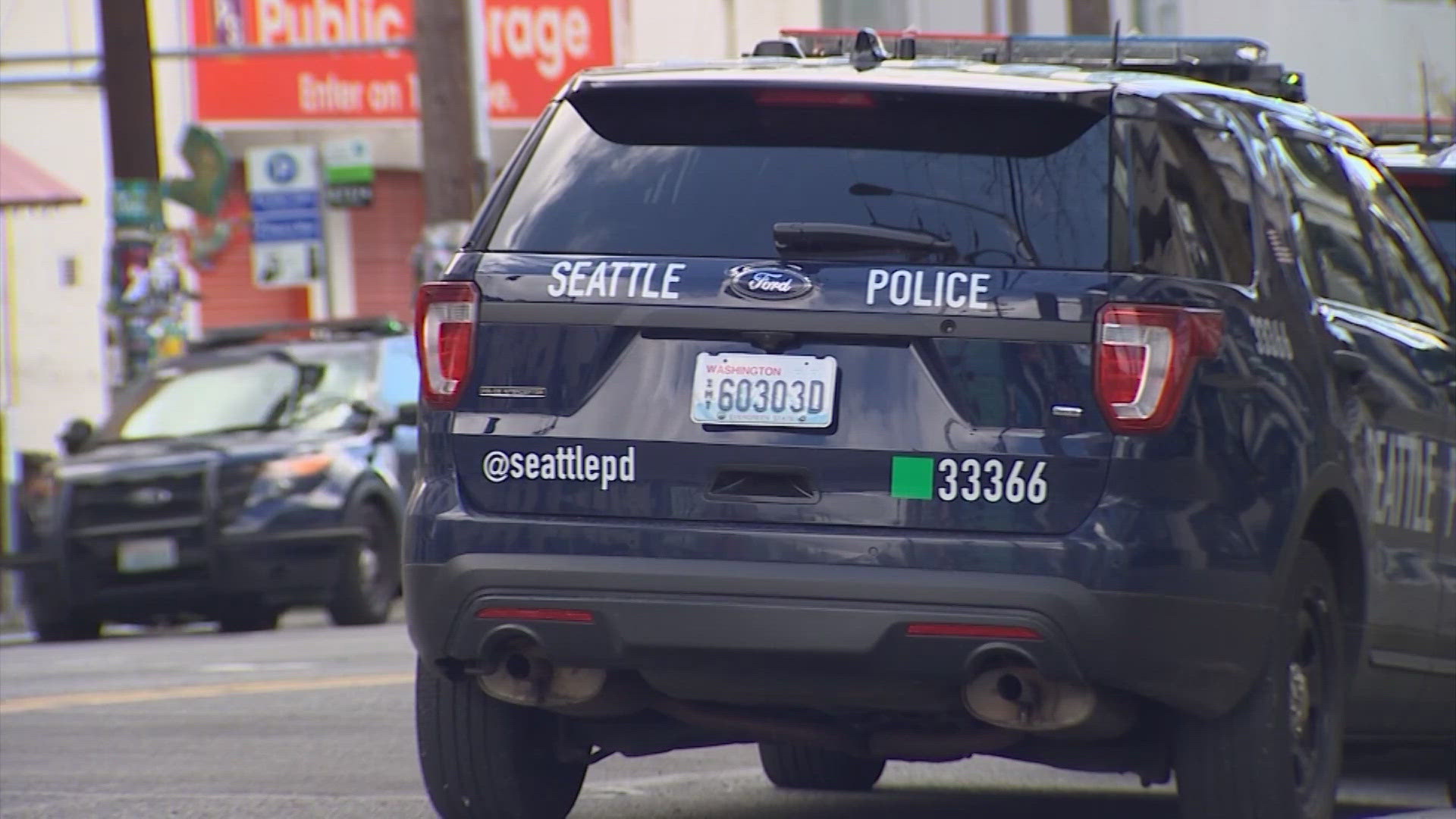U.S. District Court Judge James Robart ruled Wednesday Seattle is in "full and effective" compliance with court-ordered police reforms. The announcement is considered a major step in what has been a five-year process.
"This is a very significant and good day for the city of Seattle, for the police department, and for the community," said Mayor Jenny Durkan.
The city entered into the court-ordered Consent Decree with the Department of Justice in 2012. At the time, Durkan was U.S. Attorney for the Western District of Washington.
"What we actually found was, indeed, there was a pattern and practice of the unconstitutional use of force," Durkan said.
What Seattle did was change its policing model, using de-escalation training and creating new procedures for the use of force.
Two years' worth of Seattle police work was studied, including 760,000 incidents officers were dispatched to during that time.
"Less than 1 percent of those incidents ended up in any force at all being used," said Durkan.
"This is not mission accomplished. This is when the work frankly begins," said Seattle City Councilmember Lorena Gonzalez.
City Attorney Pete Holmes said labor negotiations are a critical component moving forward.
"We need to achieve labor peace with our unions, and the judge has made it clear that that is a condition of terminating, eventually, this consent decree," said Holmes.
Seattle Police Officer Guild President Kevin Stuckey wants negotiations to happen soon.
"We are talking about a contract that we have been three years without," said Stuckey.
The union president says one of the sticking points is an executive order, issued last year, requiring patrol officers to wear body cameras.
"My predecessor signed an executive order. Body cameras have been implemented. And I think the ironic thing is police officers are finding that body cameras are helping them because in many cases they help show a complaint did not occur," said Durkan.
But when it comes to body cameras, Stuckey says the city did not play by the rules.
About the executive order, Stuckey said, "I felt like it tried to be a go-around of the collective bargaining process."
He says now, with a new mayor, he looks forward to a fresh start.
"If we can get in and be fair and equitable, and follow state law, we are in," said Stuckey about contract negotiations.
Kathleen Taylor, Executive Director of the ACLU of Washington, said it is vital that the city selects a new police chief who fully embraces the ongoing reform process.
"The new chief must be deeply committed to continuing to change the culture of the police department and not simply give lip service to reform," said Taylor.
Annette Hayes, U.S. Attorney for the Western District of Washington, credits the new mayor, city attorney, and city council with making police reform a top priority.
"I have full confidence that with that commitment, and the continued work by rank and file officers and command staff alike, SPD will continue its success under the Consent Decree," Hayes said.
According to Hayes, the court plans to closely monitor SPD over the next two years before deciding if termination of all or part of the Consent Decree is warranted.


